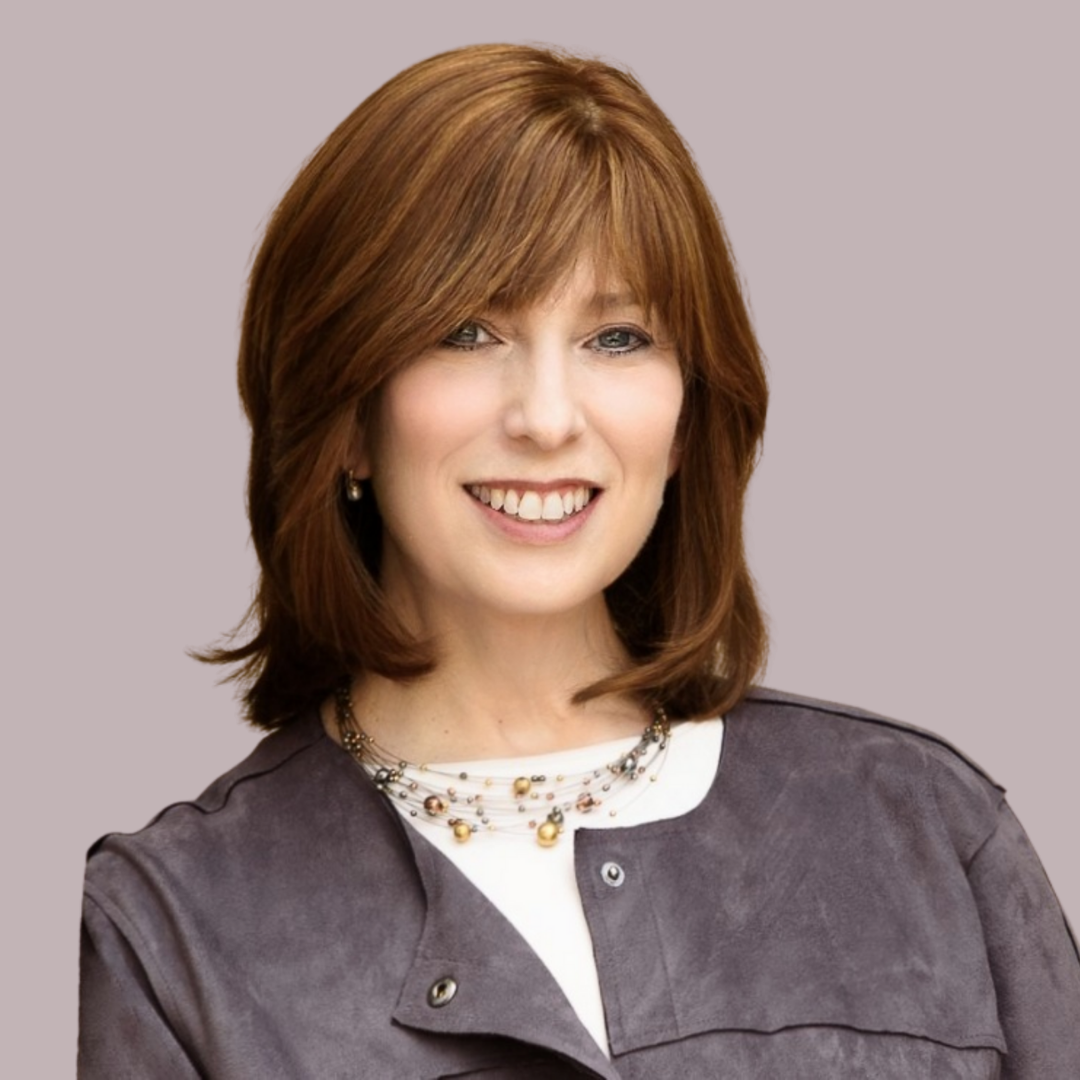
A Message From Our Editor – June 2022

Written by Penina Taylor
Recently I, and by extension UNORTHOBOXED, have been taken to task in a public forum for publishing a wide variety of articles. Being described as “ranging from sounding like Mishpacha Magazine to Jezebel”, as though that’s a bad thing, when in fact that is part of our mission – to express the entire spectrum of Orthodox Jewish thought and experiences. In this age of “branding is everything” and unfriending anyone who has a different opinion than you do, people have become offended by anything that doesn’t 100% fit the narrative of “truth” that they already have in their head. Gone are the days of visiting websites that offer the opposite viewpoint toyour own in order to learn something new. Now it’s too triggering to read an opinion you don’t agree with.
On another blog, I was accused of not being Orthodox because I allowed a trans woman to write for my magazine, or *heaven forbid* I come from an evangelical Christian background – as if that somehow invalidates my claim to being an Orthodox Jew. In fact, in that particular blog, one commenter mentioned that she had heard me speak and was moved by what I had said, but is now wondering if it was all a lie. Why? Because I dared to publish articles that don’t fit her narrative? As if this one area where we disagree negates everything else I’ve ever done or said. This blogger is of the opinion, and she is by no means alone in this, that trans people are invalid and should not be given a voice, but rather, must be silenced at all cost – and these anti-trans activists will go to no end to silence them.
Now, keep in mind, I have never said that anyone must agree with the writer (in fact, there is a disclaimer that appears at the bottom of every page that expressly states otherwise). My motivation for publishing her pieces, and many of our other more “controversial” pieces, is about understanding and not necessarily about agreeing. I believe that one of the reasons that there is so much abuse and dysfunction in the Jewish community is the very fact that we won’t talk about anything that is even remotely uncomfortable or in conflict with our already established beliefs – in modern jargon, we live in an echo chamber.
When I speak at seminaries (post-high school religious studies institutions), the one thing that is repeated over and over again when I am introduced, is how impressed the MC is by my devotion to finding and living “Truth” – that I have always been willing to change not just my beliefs, but my life, when I am confronted with information that challenges what I believe.
Belief is an important thing. It’s the compass that guides every choice we make in life. Not just belief about a Higher Being, but also beliefs we hold about ourselves and other people. In order to change anything about our lives, we first have to examine our beliefs, and often to change them, before we can experience the transformation we are looking for. During one of my lectures I was once asked, “How do you change a belief?” The first step in changing any belief is to be open to the possibility that the belief might not be true. Unfortunately, too many of us are afraid to do that because we don’t know what the consequences of it might be. But my contention is, and has been all along, that we have to at least start the conversation.

